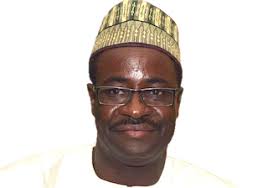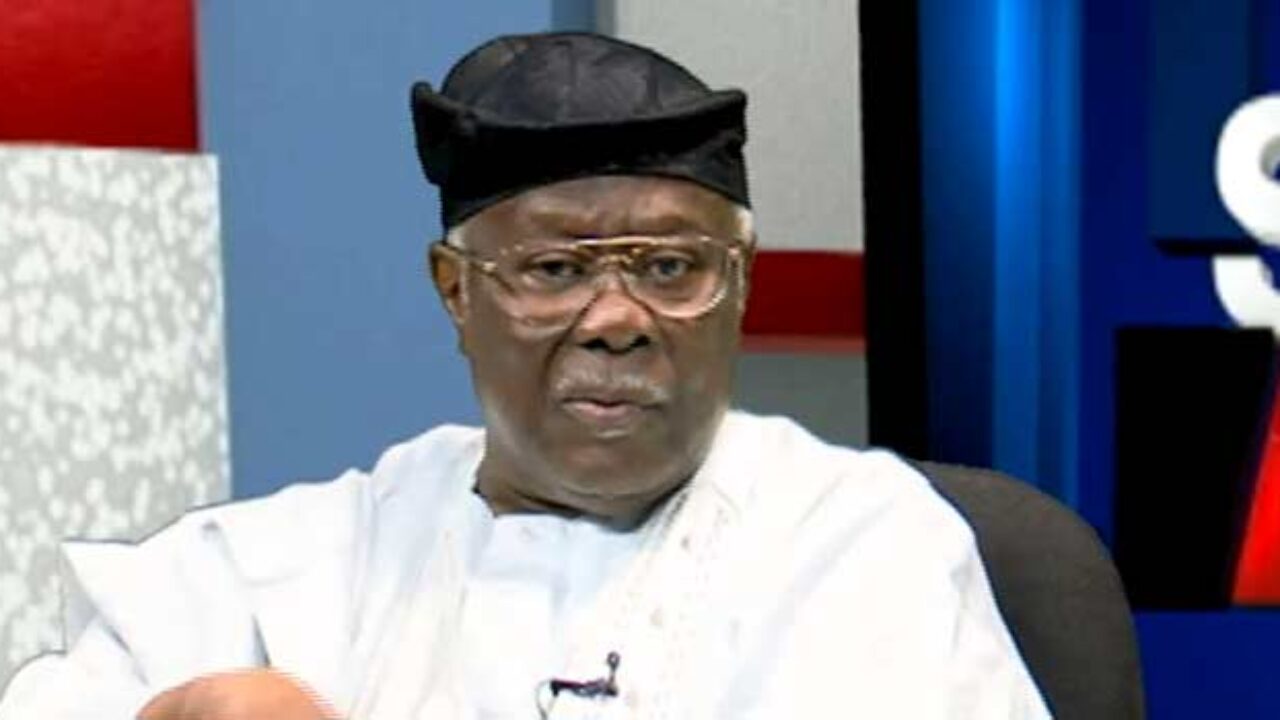‘FG has not been funding power sector subsidy’
…Tariff hike not reflective of Nigerians economic realities
By Ben Azuka
A stakeholder in the electricity power sector has said that the Federal Government’s inability to fund the payment of electricity subsidy is hampering the growth of the sector.
Recently, the Federal Government through the NERC increased the electricity tariff from N58 to N258 per Kilowatts of electricity.
Speaking with The Business Times in Abuja, the industry player, who did not want his name in print, said the Federal Government’s attitude was almost pushing the power companies out of the market.
He said: “The federal government says it is paying subsidy, it says so, it is not allowing the industry to charge correctly because it says that it is paying subsidy.
“The reality is that the federal government has not been paying that subsidy. It is paying it in mouth only; it is not remitting the money.
READ ALSO: Edo Deputy Governor impeached
“The power companies have been crying out. For instance, the system owes Niger Delta Power Holding Company (NDPHC) up to N500 billion. The system owes the Egbin power plant around N1.3 trillion. So, if you have an industry that is being owed like that, how do you think they will be able to perform efficiently? Put yourself in the place of a business advisor, is it possible for that company to thrive and continue to do well?”
He added that with the rising price of gas and the Federal Government’s inability to fund the subsidy payment, it was only a matter of time before the companies hike tariff.
“The second one is this: gas prices have gone up tremendously in recent times. Government is not producing gas, those who are producing gas are companies, and they are mostly joint venture companies. The federal government does not have a gas company that can produce gas and sell to Nigerians in a cheap manner. They have the option of selling to the international market. And you know what has happened to the Naira, remove that and add it to what is happening.
“So, there is no way that gas will continue to be purchased at that rate. Government now says it is no longer ready to pay for that difference. So, naturally, they have to increase prices, that is what has just happened,” he said.
Meanwhile, Nigerians have continued to condemn the sharp increase in the price of electricity. They said that despite the current economic realities, the Federal Government still allowed the distribution companies to increase electricity prices.
According to them, the increase was unjustified especially with irregular power supply.
In rolling out the new price, the NERC classified electricity users into Band A, B, C, and D depending on the number of hours of electricity that they consume.
But with many areas not getting electricity, public affairs commentator, Taiwo Adisa, said the classification is just a clever way to increase tariff.
“I can bet it that the DISCOS won’t adhere to the Bands in practical terms. The first thing to ask is where are the places that enjoy 20-hour supply? We can count them on our fingers if they even exist because as soon as Adelabu started this drive for increased tariff, the DISCOS have been dancing palongo with supplies,” he said.
Media practitioner, Fidelia Soworei, described the classification, saying it is another means to defraud Nigerians.
She said: “The classification is a fraud. It is a cunning way to extort money from helpless Nigerians. The regularity of power supply conflicts with the hours of supposed frequency of supply captured under each band.
“Again, you have to shout because silence will embolden them to plan a worse evil.”
With constant grid collapse leading to power outages, Nigerians say the Federal Government is just dancing to the dictates of the power companies.
In a chat with this newspaper, General Manager, Transmission Company of Nigeria (TCN), Ndidi Mbah, explained that the company is not solely responsible for the collapse of the national grid.
According to her, the national grid is a question of demand and supply.
“If there is not enough gas supply to thermal plants to generate enough power for us to transmit as demanded by the distribution companies, there is little we can do because the grid is a question of demand and supply.
“If TCN is struggling to maintain the stability of the grid when generation is very low, demand would surpass supply, and this could lead to system instability, which invariably could cause system collapse depending on the severity.
“There are numerous factors that can cause grid collapse. It’s not a matter of TCN sitting down to checkmate grid collapse. A sudden drop in major load off-take by distribution companies can cause grid instability, which may lead to grid collapse. Also a sudden major drop in generation can have the same effect.
“Again, there is the issue of spinning reserves. Now that we don’t have a spinning reserve, if there is a sudden drop in generation, for instance, the spinning reserve ought to come in, to compensate for loss of power and help stabilize the grid. And because we don’t have any spinning reserve presently, if there is a sudden large drop in generation, there will be an instant imbalance or mismatch between the generation and demand from the distribution end, which can lead to system collapse. The Transmission arm can also suddenly face a challenge that can cause collapse. There are so many other things; it’s not one thing that you can just go and fix,” she added.
Nigerians have been accusing the Federal Government of allowing the DisCos to continue to exploit Nigerians through estimated and outrageous billing. According to them, the regulatory authority for the sector has not been doing their jobs thus, allowing the distribution companies to ride roughshod on Nigerians.
Referring to the blatant fraud by the Abuja Electricity Distribution Company (AEDC) before it was called to order by the NERC, legal practitioner & CEO of Sage Consulting, Dr. Bode Fadipe, told The Business Times that it was time the government begin to clamp down on power companies that fail to perform based on the privatization agreement.
Fadipe, whose company undertakes power sector policy analysis, said: “For me, the government has to be able to bite harder. For instance, the government in its wisdom took over one of the DisCos in the North, and that is a good move. It’s been in the news that the government plans to take over another one in the South-south; whether that has taken place I don’t know. March 3 was set as a deadline for the takeover of the DisCos in the South-south region.
“The government must be ready to make sure that they play by the rules, anyone that is not playing by the rules; they take over and put it up for sale again.”
He said further that the government needs to come clean also, if it is to effectively supervise the power companies for the benefit of Nigerians.
He said: “And then of course, it’s not going to be the value chain members alone, the government must make sure that it is coming to equity with clean hands. If the government is asking the value chain members to perform, it must be able to do its own part.
“The government itself must come to equity with clean hands. I know that when AEDC published the lists of debtors, the military was one of them owing about N12 billion, no business can survive on that kind of huge outstanding not to talk of even the entire market owing the gas suppliers about $1.3 billion. I mean, that’s humongous, that’s something terribly huge. You see that there are different angles to the issues of inefficiencies that we see in the power sector on a delay basis, and rather than get out of it, we are even digging further.










